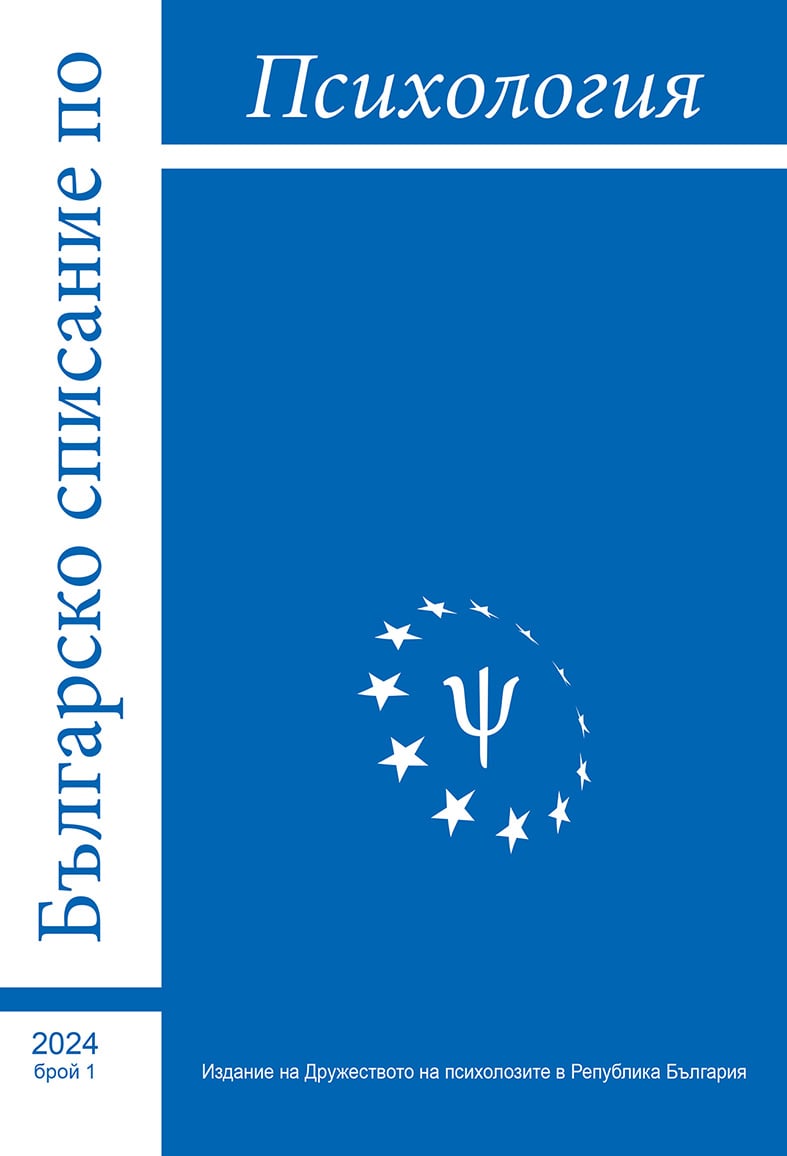КОНКУРЕНТНИЯТ МОДЕЛ ЗА МЕЖДУЕЗИКОВИТЕ РАЗЛИЧИЯ И ОБЩИТЕ ПОЗНАВАТЕЛНИ МЕХАНИЗМИ НА РЕЧЕВА ОБРАБОТКА
THE COMPETITION MODEL ON CROSS LINGUISTIC DIFFERENCES AND COMMON COGNITIVE MECHANISMS IN SPEECH PROCESSING
Author(s): Elena AndonovaSubject(s): Social Sciences, Psychology, Cognitive Psychology
Published by: Дружество на психолозите в република България
Keywords: psycholinguistics; Competition Model; cross-linguistic variation
Summary/Abstract: Psycholinguistic research aims at discovering the psychological mechanisms of processing verbal information in the production, comprehension, and acquisition of speech. Unlike approaches based on the assumption of a leading role for language universals, the Competition Model by Bates & MacWhinney attempts to explain these processes in terms of general cognitive mechanisms of a psychological nature, and not necessarily as specific mechanisms dedicated to the perception of human speech. At the same time, this model combines general psychological mechanisms with consideration of cross-linguistic variation. The interpretation of verbal utterances is realized through competition and cooperation among different cues to comprehension which we learn though our experience in a certain linguistic environment. Whereas the mechanisms of competition and cooperation are posited as universally used the specific hierarchy of cues (with their validity, availability, and reliability) varies across languages and determines the specificity of verbal comprehension in a given language community. This report will present data for the realization of the model’s fundamental principles in practice through analyses of cross-linguistic differences in the acquisition and processing of verbal information in English, Italian, German, and Bulgarian as well as the commonalities across these processes.
Journal: Българско списание по психология
- Issue Year: 2024
- Issue No: 1
- Page Range: 326-333
- Page Count: 8
- Language: Bulgarian

